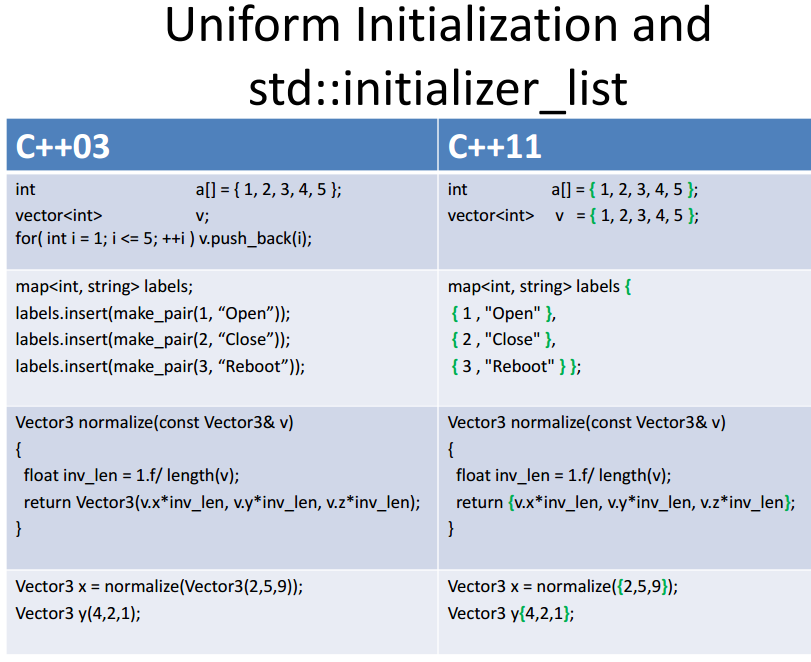C++ and Beyond 2012: Panel - Convincing your Colleagues
A new C++ and Beyond 2012 panel is now available:
C++ and Beyond 2012: Panel - Convincing your Colleagues
From C++ and Beyond 2012, Andrei, Herb and Scott present Convincing Your Colleagues - an interactive panel.
Abstract:
You can't do a better job if you don't change what you're doing, but change is hard. It's especially hard when what needs to change is your colleagues' approach to software development. Moving your team forward often requires persuading your peers to change their behavior, sometimes to do something they're not doing, other times to stop doing something they've become accustomed to. Whether the issue is to embrace or avoid C++ language features, to adopt new development tools or abandon old ones, to increase use of or scale back on overuse of design patterns, to adhere to coding standards, or any of the plethora of other matters that affect software creation, moving things forward typically requires getting your colleagues to buy into the change you're proposing. But how can you do that?
In this panel session, Andrei, Herb, and Scott share how they go about convincing their colleagues to change and take questions from the audience.





